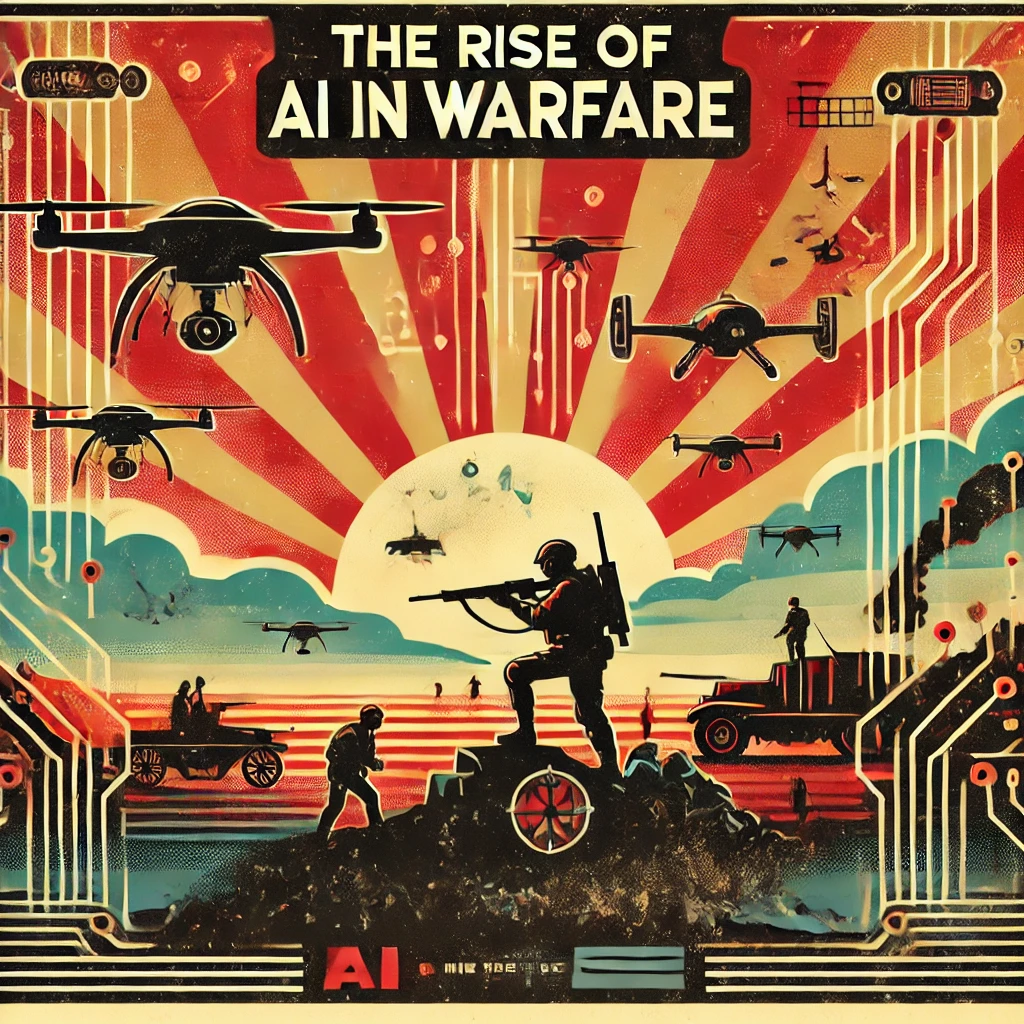Artificial Intelligence (AI) is rapidly transforming the nature of warfare, and the world may not be fully prepared for its implications. From autonomous drones to AI-driven cyber attacks, the technology is redefining how conflicts are fought, who fights them, and what new ethical and strategic challenges arise.
AI is enhancing military capabilities by improving surveillance, decision-making, and combat efficiency. Autonomous drones and robotic systems can carry out missions without human intervention, while AI algorithms can analyze vast amounts of data to predict enemy movements or vulnerabilities. This level of automation and speed gives military forces unprecedented advantages on the battlefield.
However, the rise of AI in warfare also brings significant risks. Autonomous weapons, capable of making life-and-death decisions without human oversight, raise ethical questions about accountability and the potential for unintended escalations. Additionally, AI-driven cyber warfare could target critical infrastructure, potentially causing widespread damage without a single shot being fired.
Experts argue that the rapid advancement of AI technology is outpacing the development of international laws and agreements needed to regulate its use in conflict. There is a pressing need for global cooperation to establish norms, ensure human oversight, and prevent the misuse of AI in ways that could lead to unintended consequences or exacerbate conflicts.
As AI continues to change the face of war, it is crucial for governments, international organizations, and tech leaders to come together and address these challenges. Preparing for the future of AI in warfare requires not just technological readiness, but also ethical foresight and robust international cooperation.


